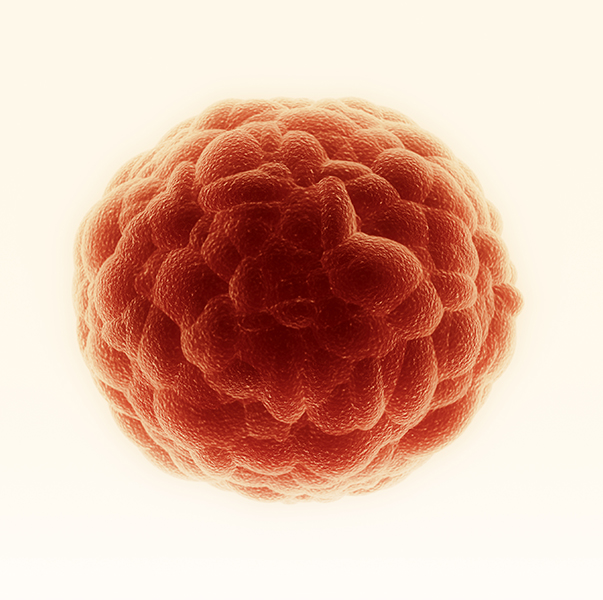
A new NCI clinical trial will link patients with drugs that target their tumors. Photo © Jezperklauzen / istock / thinkstock
Researchers are on a mission to match cancer patients whose tumors have stopped responding to treatment with the targeted therapies most likely to slow their tumor’s growth. This effort took an important step forward in August with the launch of the National Cancer Institute’s Molecular Analysis for Therapy Choice (NCI-MATCH) trial, which will enroll patients at up to 2,400 sites nationwide.
The NCI-MATCH trial expects to screen about 3,000 cancer patients, testing their tumors for more than 4,000 different mutations across 143 genes, with the goal of enrolling 1,000 patients in the trial. Patients will be eligible for NCI-MATCH if their tumor has a genetic abnormality that’s targeted by one of the study drugs, which include targeted therapies approved for or now being studied in other types of cancers. Patients can receive treatment at the trial site nearest to their home, regardless of which treatment they receive. The trial will open with 10 drug arms; over time, new treatments will be added, and those that do not prove beneficial will be dropped.
For patients with rare cancers, NCI-MATCH will provide more opportunities to enter clinical trials. If a researcher wanted to conduct a trial for a specific type of cancer with a specific mutation, there might be too few patients “to warrant running a full clinical trial,” says Alice Chen, a medical oncologist at the NCI’s Center for Cancer Research in Bethesda, Maryland, who is co-leading NCI-MATCH. But with this trial, she says, it is the mutation, and not where the cancer started, that matters.
By flipping the enrollment requirement from the type of cancer to the type of mutation, and by looking for thousands of mutations all at once, the trial provides “a very efficient strategy,” says Keith Flaherty, an oncologist and hematologist at Massachusetts General Hospital Cancer Center in Boston. There has been no system in place to do this for many different cancers on a large scale. “The MATCH trial solves that problem.”
NCI-MATCH also aims to overcome another common barrier to enrollment: distance from a clinical trial site. Bringing the trial to where the patients are, says Chen, means less travel time as well as the opportunity for patients to stay connected to their support systems. “It’s really important to allow patients to have their family and friends around them at a time when they potentially really need that support.”
Cancer Today magazine is free to cancer patients, survivors and caregivers who live in the U.S. Subscribe here to receive four issues per year.




